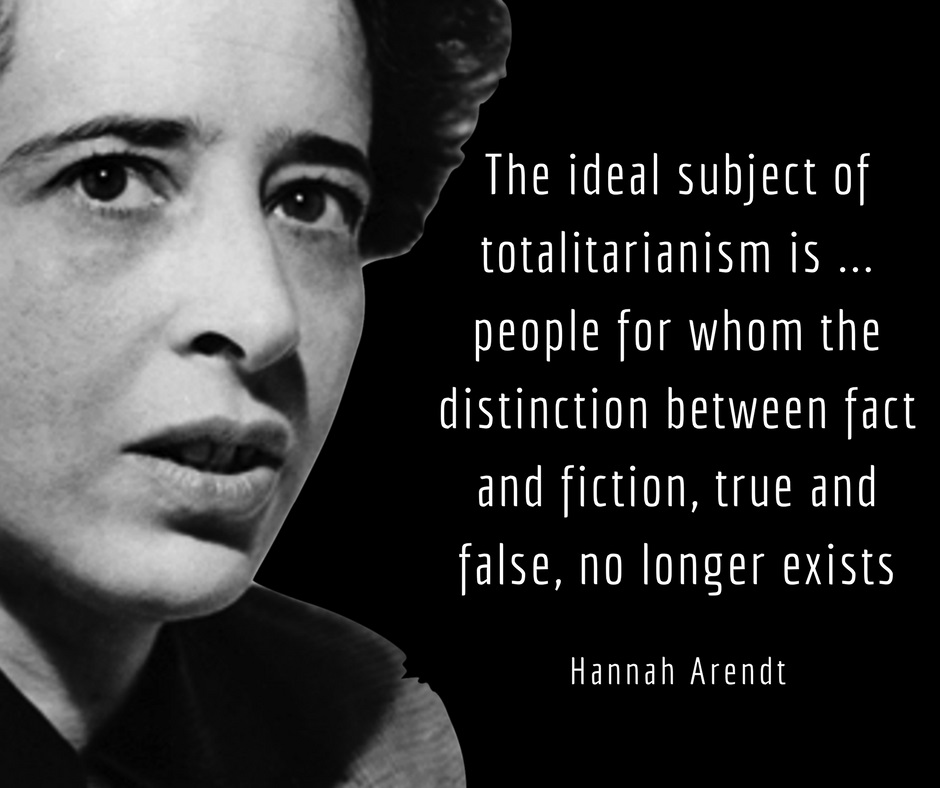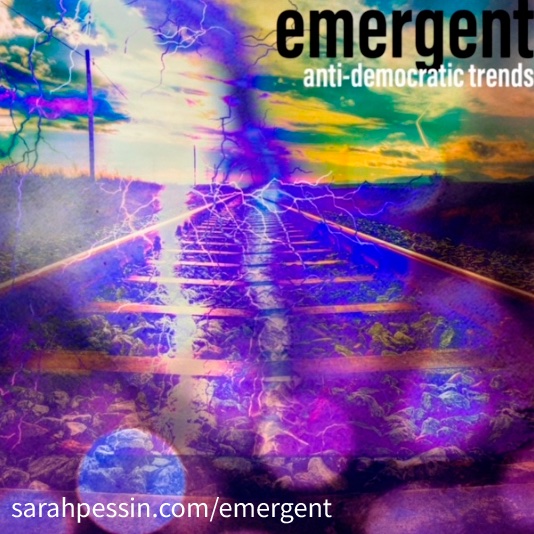A quick fact sheet.
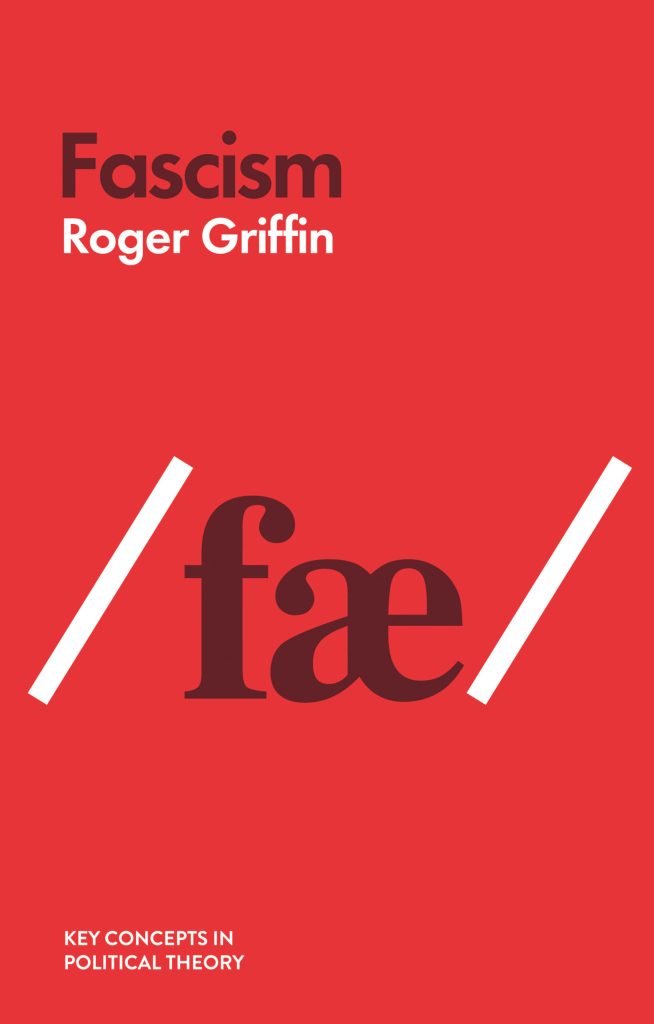
Readings & Notes:
Arendt, Hannah. 1951. The Origins of Totalitarianism.
Drucker, Peter. 1939. The End of Economic Man: A Study of new Totalitarianism.
Griffin, Roger. 2018. Fascism. Key Concepts in Political Theory series. Medford; Cambridge: Polity.
Hull, Katy. 2021. The Machine Has A Soul: American Sympathy with Italian Fascism. Princeton: Princeton University Press.
Mosse, George L. 1966. “The Genesis of Fascism,” Journal of Contemporary History 1(1): 14-26.
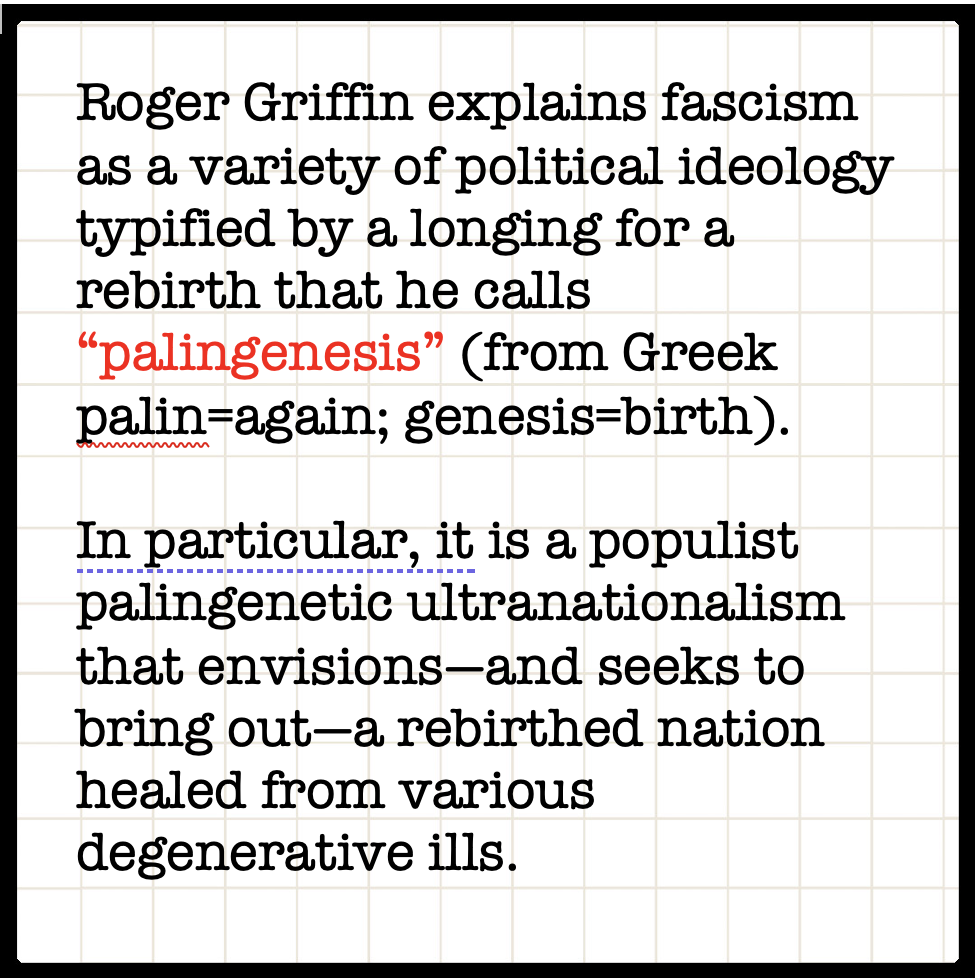
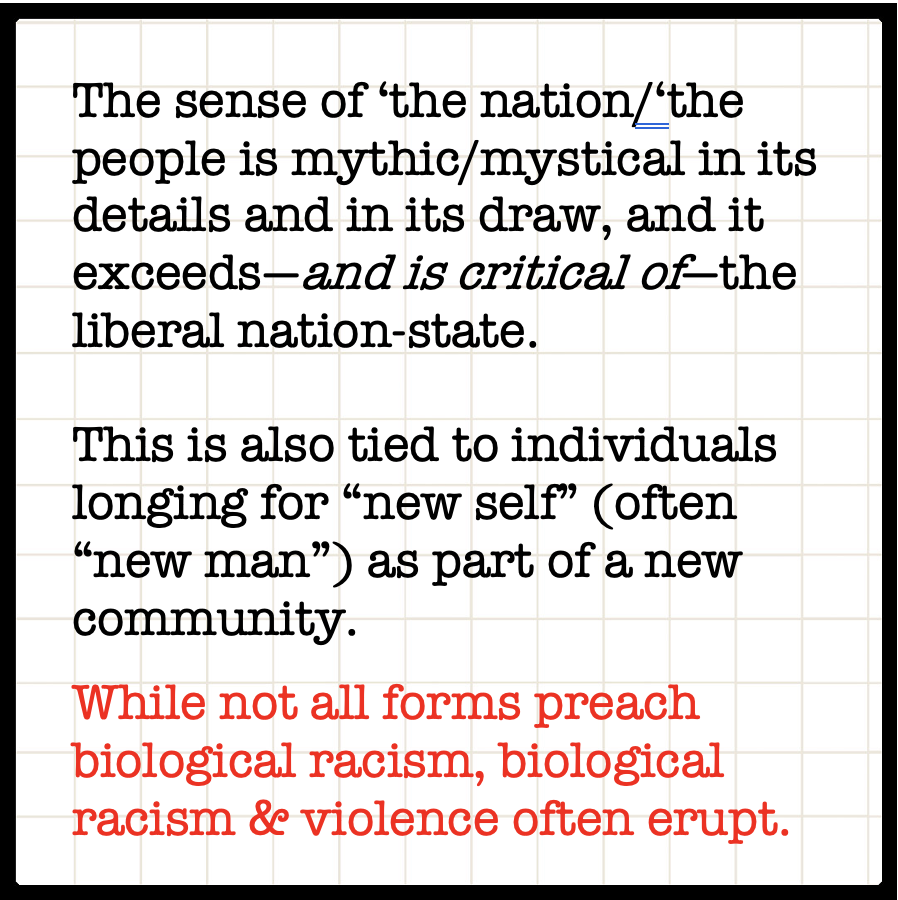

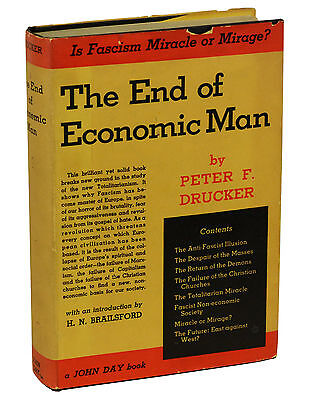

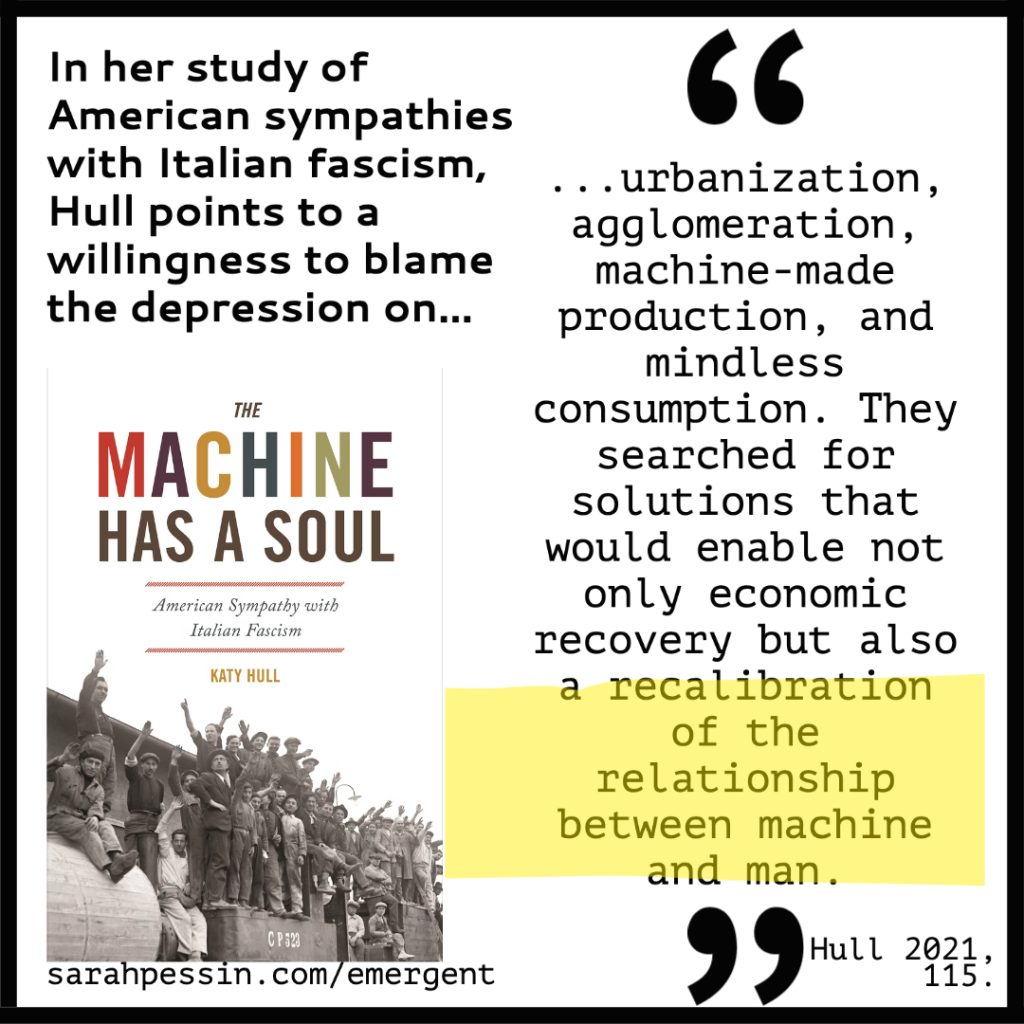
Hannah Arendt approaches various political ideologies in terms of “totalitarianism“.
Contemporary scholars of fascism since the 1990s prefer finer-grained assessments of what distinguishes fascism from other forms of ideology (such as Stalinism, Nazism, etc.).
Arendt’s phenomenological insights on the “lived experience” of fascism in terms of a “totalitarian” mindset and world-view are still deeply helpful as part of the discussion.
